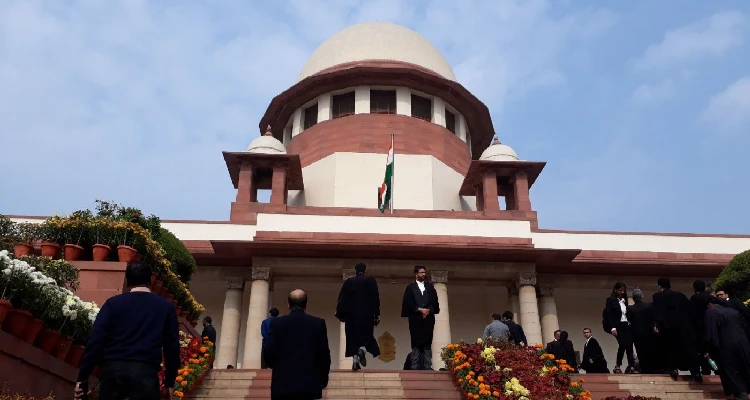
The Supreme Court has clarified that when a FIR indicates dishonest conduct by an accused, and the materials suggest a cognizable offence, the investigation can’t be halted by quashing the FIR.
A bench comprising Justices J.B. Pardiwala and Manoj Misra emphasized that an FIR is not a comprehensive account of all allegations.
The court stated that, in determining whether to quash a criminal proceeding or an FIR, the allegations and any materials gathered during the investigation must be accepted at face value to establish if a prima facie case exists against the accused.
The verdict, delivered on October 14, arose from an appeal by Somjeet Mallick, who challenged a February 1 ruling by the Jharkhand High Court that quashed an FIR against a party accused of not paying rent for Mallick’s truck.
Mallick claimed that his truck had been with the accused since July 2014, and that arrears had accumulated to Rs.12.49 lakh due to unpaid rent.
The FIR alleged that the accused had hired the truck from July 14, 2014, to March 31, 2016, at a monthly rate of Rs.33,000.
However, the accused stopped making payments after the first month, despite giving false assurances to Mallick. The Supreme Court observed that the failure to pay rent suggests the accused retained possession of the vehicle, making it necessary to investigate the circumstances surrounding the truck’s status. If the truck had been disposed of dishonestly, this could constitute criminal breach of trust.
The court asserted that the presence of “mens rea” (criminal intent) is a factual matter that can be inferred from the circumstances and the accused’s behavior. The justices noted, “When a party alleges that the accused, despite taking possession of the truck on hire, has failed to pay hire charges for months while making false promises, a prima facie case indicative of dishonest intention emerges, warranting investigation.”
The Supreme Court warned that quashing the FIR at this early stage would impede a legitimate investigation.
Furthermore, clarified that a petition to quash an FIR does not become moot upon the submission of a police report under the Code of Criminal Procedure.
However, the court must carefully consider the evidence when deciding if the FIR and subsequent proceedings should be dismissed.
The justices concluded that the high court should have evaluated the materials gathered during the investigation before deciding on the quashing petition.
As a result, the Supreme Court set aside the high court’s order and remitted the matter back to the high court for a fresh evaluation in line with the law, taking into account the investigative findings.




